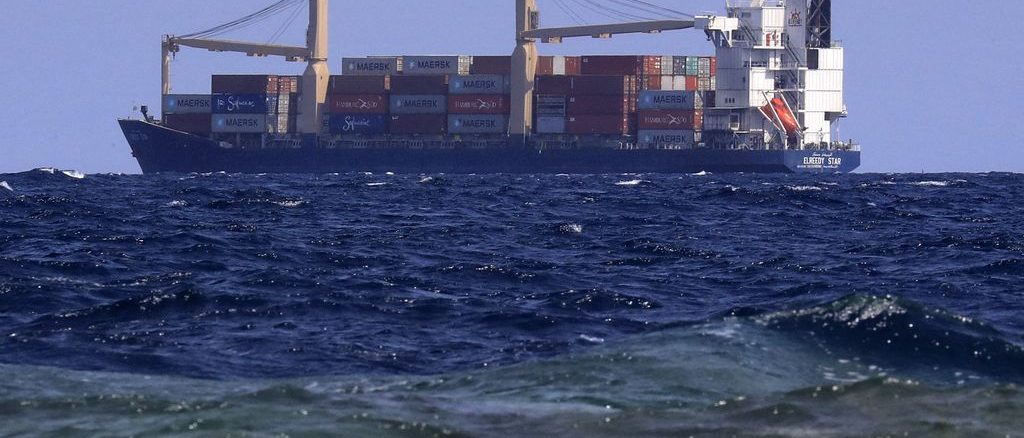
Defective internet cables in Red Sea meet India, Pakistan and Microsoft
Defective internet cables in the Red Sea have led to disruptions in Pakistan, India and the United Arab Emirates (VAE). In addition, Microsoft reports that Azure cloud service may have worked more slowly than normal. It is still unclear whether the broken cables are an accident, a malfunction or sabotage.
Judging by Microsoft’s explanation, several fiber optic cables on the bottom of the Red Sea have been torn in two. According to Netblocks, an organization that maps out internet disruptions worldwide, the incident happened near the Saudi port city of Jeddah.
The problems arose on Saturday morning Dutch time. The two affected cables run from the French city of Marseille to Singapore and from Marseille to the Indian city of Mumbai. The SMW4 and Imewe are crucial for the internet connection between the European and Asian continent.
Disturbances seem beyond
As far as we know, the internet failure has not led to major problems. In the VAE, India and Pakistan, the internet connection was slower than normal. Based on the information from Netblocks, the disruptions seem to be over.
Azure is the largest cloud service in the world after Amazons AWS. According to Microsoft, the internet traffic that runs through the Middle East was delayed due to the malfunction. It is not known how much consequences that has had.
Allegations of sabotage
Internet cables on the seabed can be hit by, among other things, anchors of ships. In recent years, countries have been accused several times of deliberately sabotaging these types of cables.
For example, the Houthis were accused of destroying three internet cables in the Red Sea in March 2024. The militia in Yemen contradicted those allegations. After a month -long break, the Houthis resumed their attacks on international shipping in the Red Sea this year.

Be the first to comment